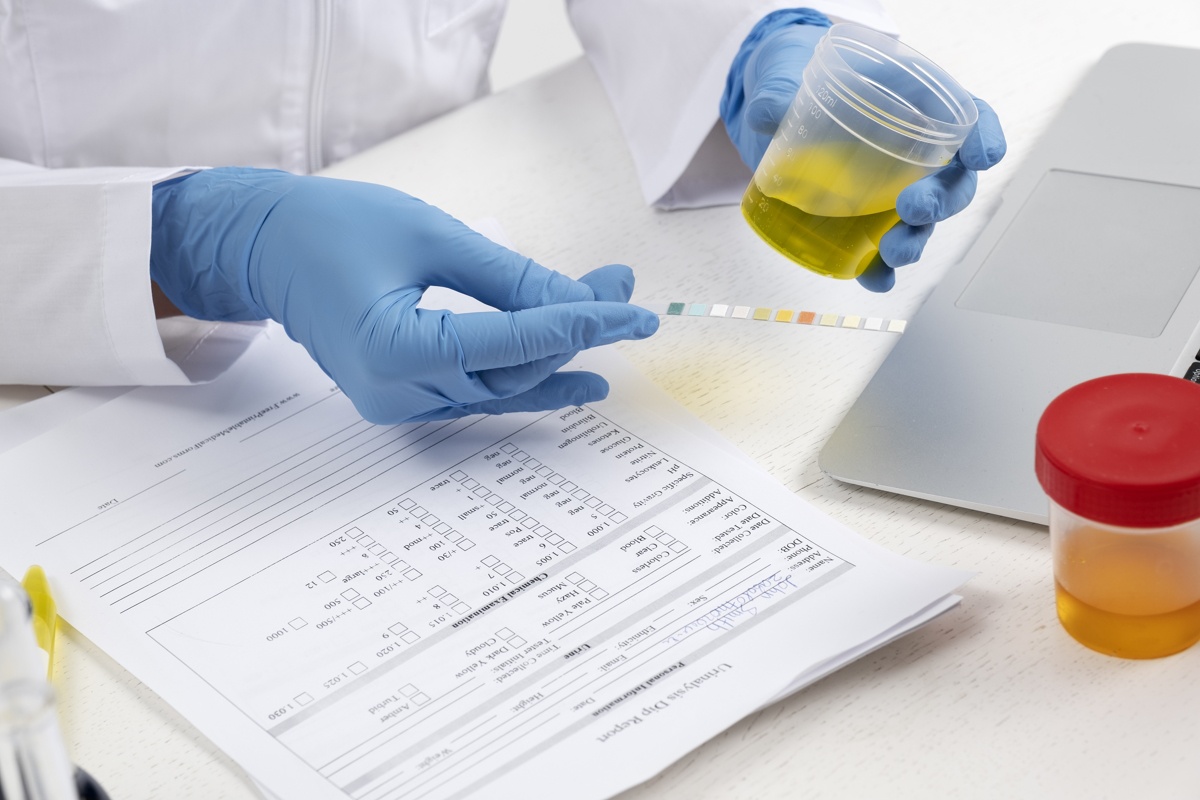Drug tests are a common practice in many workplaces, and they can be a source of anxiety for many people. It’s important to understand how drug tests work and the potential for false positive results. In this blog post, we’ll debunk the myths around false positive drug tests and provide you with the facts. Keep reading to learn more!
Understanding False Positive Drug Tests
False positives can be caused by a variety of factors, from simple misunderstandings to cross-reactivity or unexpected metabolites in the sample. In the case of drug tests, false positives can result from a false-positive analysis of the urine sample or misinterpretation of the test results. Cross-reactivity occurs when a substance in the body, such as a food or medication, produces false-positive results on the drug test. Additionally, unexpected metabolites in the sample, such as isopropyl alcohol or acetone, can result in false-positive readings. To avoid false positives and false-negative readings, it is important to carefully evaluate all results and follow proper protocols for administering and interpreting drug tests.
It is important to review the lab’s test report and any additional information available to determine whether the test result is truly positive and the source of the false positive. False positives on drug tests can occur due to several factors, including false triggers from medications and even unintentional exposure from common household items. It is important to be aware of the potential false positives and to have a review process in place to eliminate false results. In addition, it is important for employers and healthcare organizations to carefully consider their drug testing policies to minimize false positives, which can be a costly mistake as well as damaging to an individual’s reputation.
To confirm a false positive and avoid costly and potentially damaging legal repercussions, labs may need to employ further testing such as gas chromatography/mass spectrometry (GC/MS) or liquid chromatography tandem mass spectrometry (LC/MS) to obtain accurate results Thereafter, when a drug test returns a false positive, labs are often forced to take further tests such as GC/MS or LC/MS. These forensic-level tests are more costly and time consuming than a standard drug test, but they ensure that the results are accurate and help to avoid any costly or damaging legal repercussions.
Debunking Misconceptions about False Positives
False positives can occur when a drug test is administered, but with proper protocols in place, the chances of a false positive are greatly minimized. To help reduce false positives, employers and healthcare providers may use alternate forms of testing, such as hair or saliva samples, to reduce false positives. If a false positive does occur, it is important to seek a second opinion from a trusted healthcare provider or laboratory specialist to confirm the results before jumping to any conclusions. By following these protocols and best practices, false positives can be effectively minimized.
Because drugs like ibuprofen and cold medicines can have similar chemical compounds to drugs of abuse, it’s important to make sure that everyone taking the drug test understands what medications or supplements they have taken recently so that any potential false positives can be avoided Also, false positives can be avoided by making sure the person taking the drug test knows what medications and supplements they have taken recently. This is especially important to note when it comes to substances that contain similar chemical compounds to drugs of abuse, such as ibuprofen or cold medicines.
To Conclude
In conclusion, while false-positive drug tests can happen, they are very rare. Most false-positive results are caused by dietary supplements, prescription medications and certain medical conditions. Being aware of common substances that can cause false positive results and the accuracy of various drug tests can help ensure that you don’t get a false positive result. Understanding the myths and facts behind drug tests will help ensure that you have a successful testing experience.



